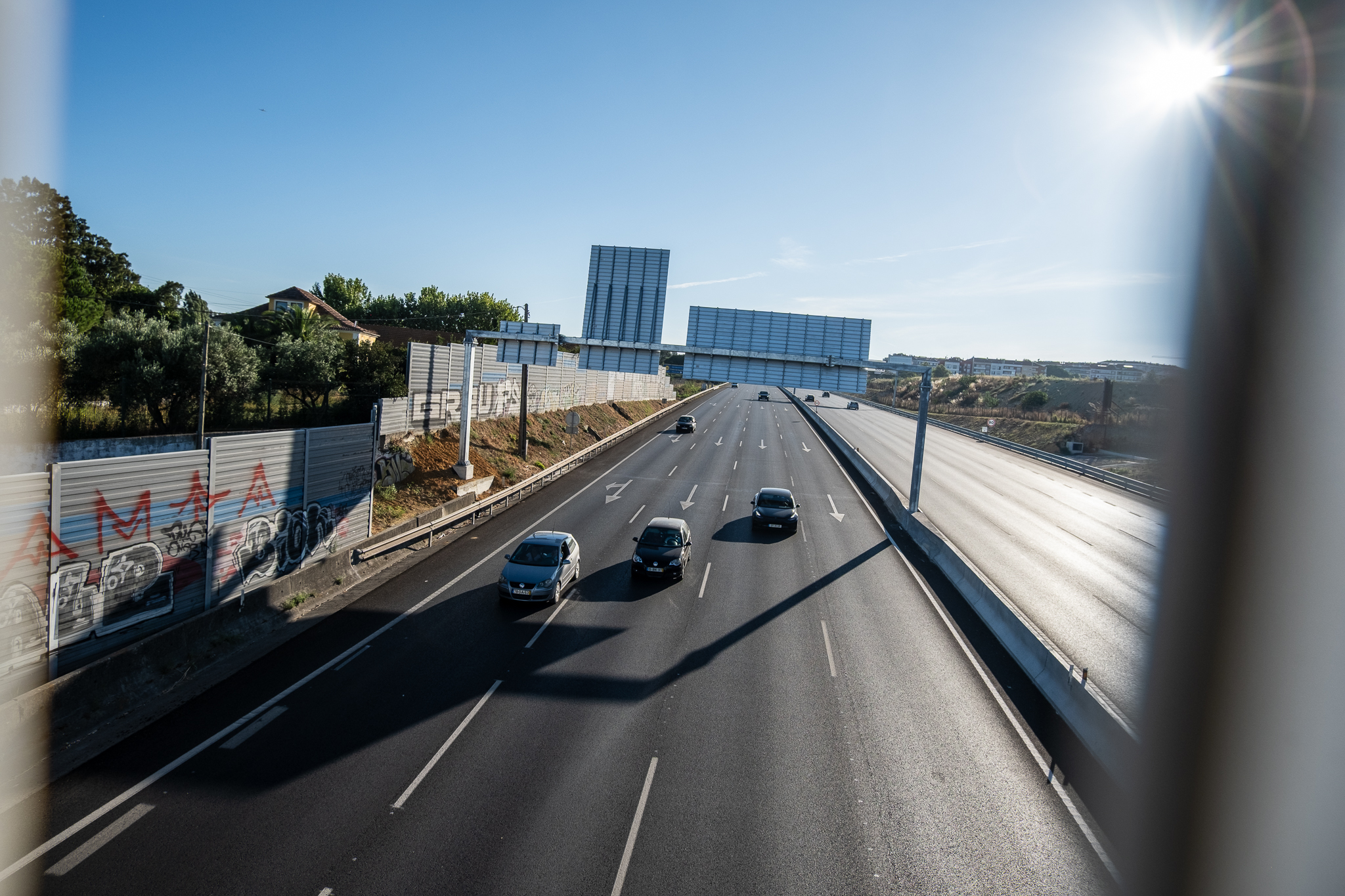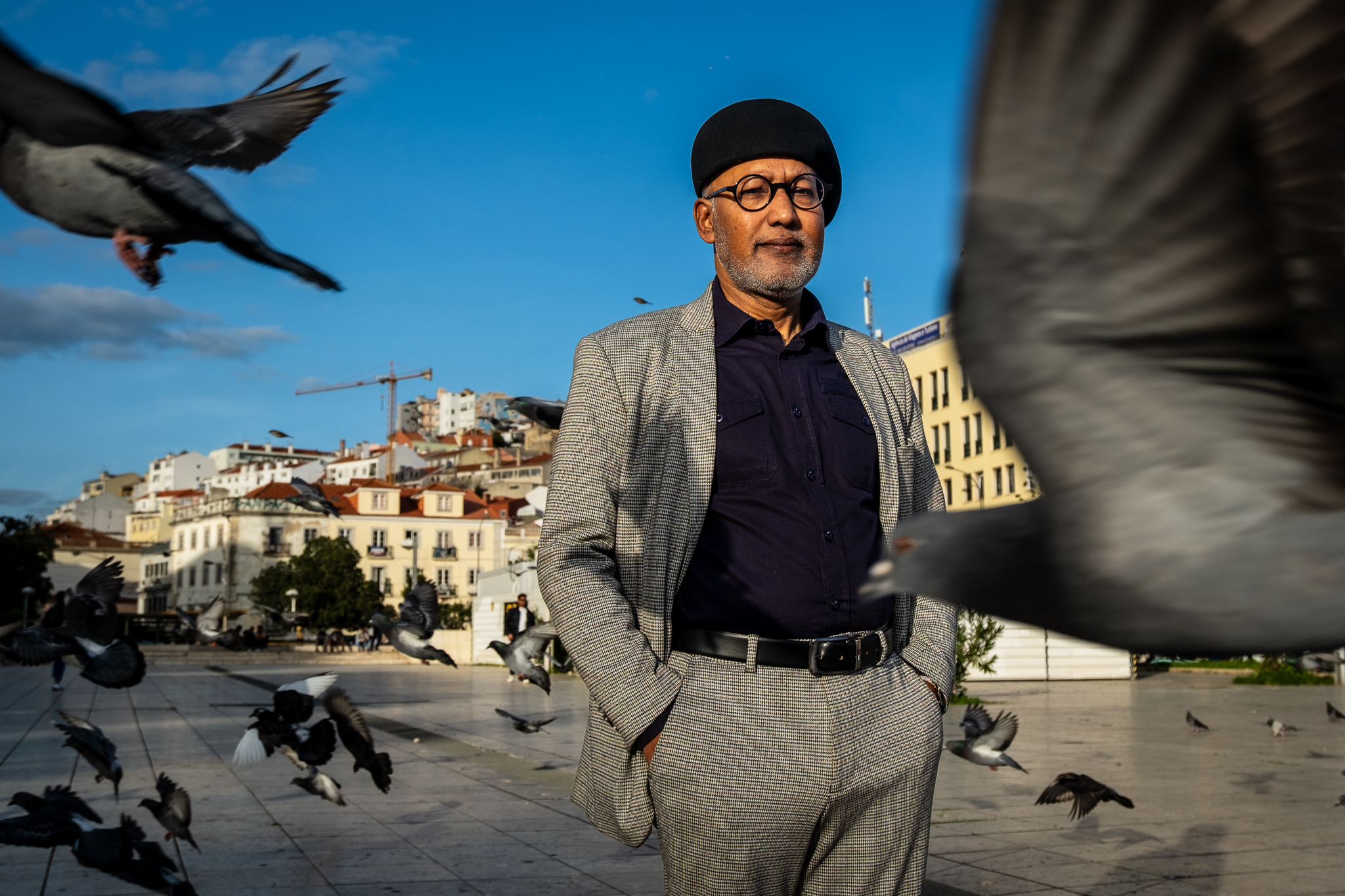This is the fourth and last story of women cyclists in Lisbon that we publish. A series from Lisboa Para Pessoas and MUBi that now comes to an end.
Catarina Domingues
41 years old, Lisbon
"There are fewer women [than men] riding bicycles because most household chores and responsibility with children or other family members are still solely or largely the responsibility of women."

Lisboa Para Pessoas publishes four stories of women in Lisbon who make the bicycle their preferred means of transportation. A partnership with MUBi - Association for Urban Mobility on Bicycles and your project +MAP - More Women on Bikes.
After the stories of Luiza Borges, from Maria Luísa Sousa and Victória. ClementeWe come to the end of this special series with the fourth and last story.
What is your experience with cycling in the city?
I have been a daily user since 2018 of the GIRA as a means of commuting to work, the movies, shopping, meeting friends. My daily bicycle use is due to the emergence of a larger network of bike lanes and the GIRA system. I think there is still a lot to improve, especially in terms of driver behavior.


Main difficulty: The aggressive behavior of motorists
Council: There is no uniform for riding a bicycle: normalize its use as if it were another means of locomotion. And, above all, have fun!
Tell us about how your gender has conditioned, or not, that experience.
My gender did not condition my decision to use the bicycle, but that's because of the education I hadThere were never any differences in tasks/play due to my gender.


If you consider that it has conditioned, what situations have you experienced, when using the bicycle, where you felt somehow unequal, unsafe or lack of access because you are a woman?
As I mentioned, being a woman did not make me feel constrained. However, I have experienced less pleasant situations, such as sexist comments, insinuations due to the fact that I walk on the road or do not "adapt" my clothing. The behavior of motorists is always more aggressive towards women because they consider them less responsive (how many times, on the same route, a male cyclist passes before me and they don't whistle or make comments, but when I pass they do). Unfortunately, my complaints are not unique to bicycling, but to society in general, as I have been "entitled" to the same type of behavior without being on a bicycle.


From your perspective, what is missing for more women to regularly use the bicycle as a mode of transportation?
The little use of the bicycle by women only reflects a general problem of
society's discrimination or often its own denial. How many times
we hear phrases like "we've had enough of this discrimination talk" - applied not only to
gender discrimination - who doesn't know what it is to be discriminated against?
In general, there are fewer women cycling and of my age group (35-45
years) even less. I think this is because most of the household chores and responsibility for children or other family members are still solely or largely the responsibility of women.
However, there are also other issues that contribute to the non-use of the bicycle by
of women, because more women are walking or taking transport
public than men: some do not know how to ride a bicycle, the maintenance of the
bicycles, too few bicycle lanes, aggressive motorists, lack of route information, gaps at intersections and junction points, lack of secure parking, gaps in the bike share system (the starting point for many new cyclists), iwrong idea that you can't dress "normally and don't feel safe to take their children with them on their bicycles.
Launched on March 8th, the project +MAP - More Women on Bikes is an initiative of MUBi - Association for Urban Mobility on Bicycles which aims to function as a meeting point around gender issues - a space where you can talk about the evident gaps in women's bicycling, and break down prejudices and social obstacles.











